Inktober Day 13: Ash.
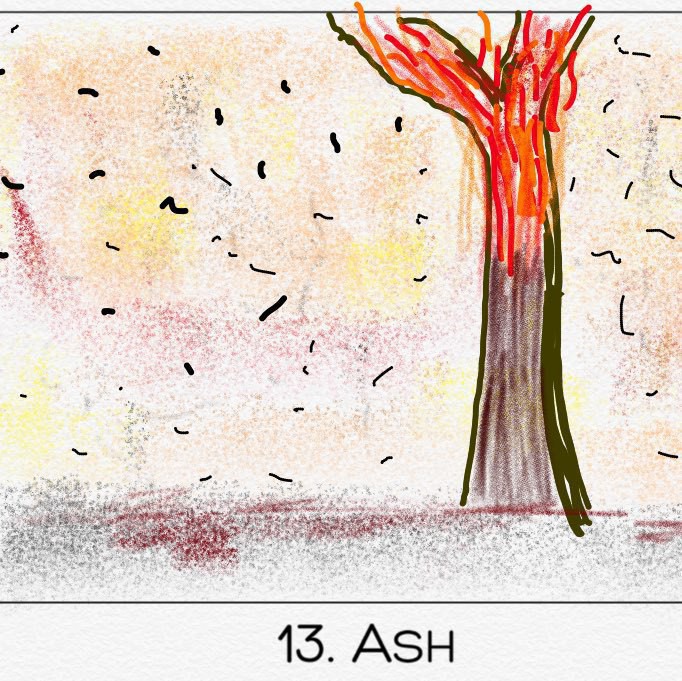
Inktober Day 13: Ash.

Inktober Day 12: Dragon.

Inktober Day 11: Snow.

Inktober Day 10: Pattern.
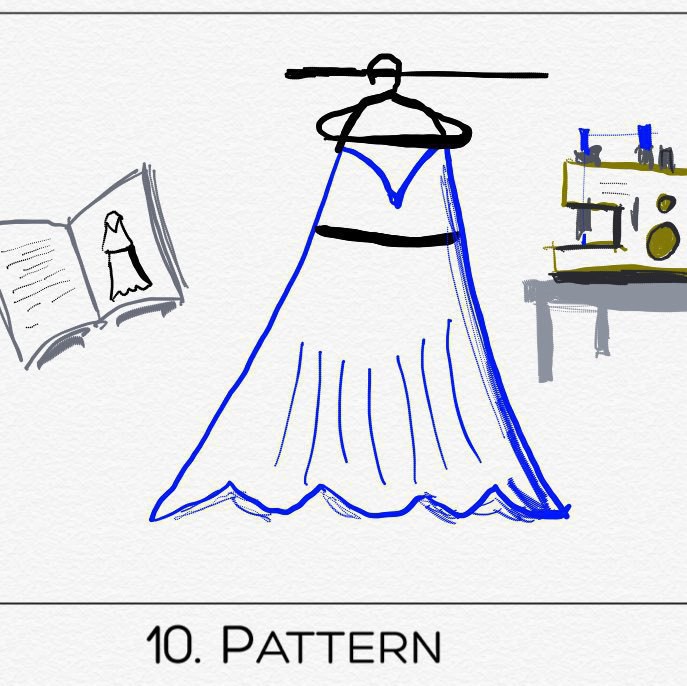
Inktober Day 9: Swing.

I bought some NFC stickers to use with HomeKit devices. Now I need tot honk of some clever applications.
Not all emails arrive when you’re ready. Hit snooze in Fastmail to bring it back at a better time for you.
With iOS 13’s Mail being terrible and Fastmail introducing snoozing, I’m using their native client as my primary mail interface.
Inktober Day 8: Frail.
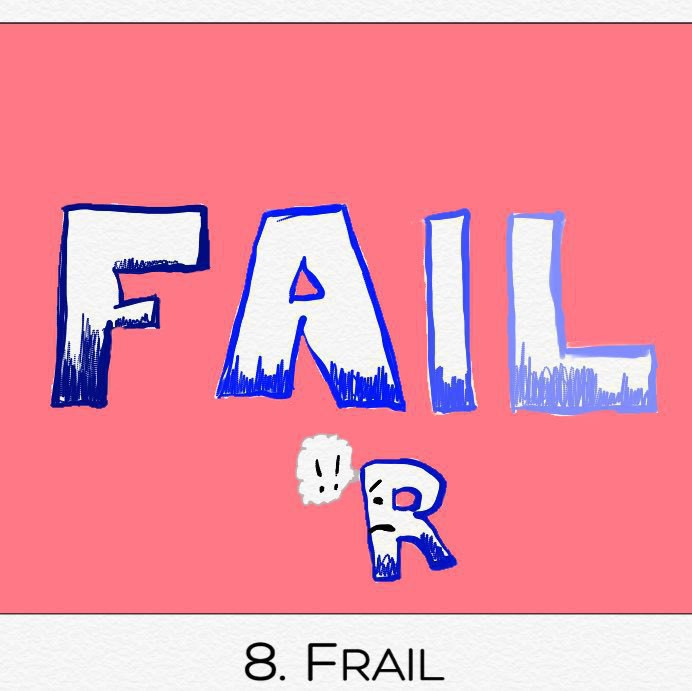
Over the last couple of days I’ve gone geocaching with the kids and by myself. It’s fun; it makes me feel like I’m on Survivor hunting down the hidden immunity idol!
Inktober Day 7: Enchanted.

Inktober Day 6: Husky.

Inktober Day 5: Build.

Inktober Day 4: Freeze.

Inktober Day 3: Bait
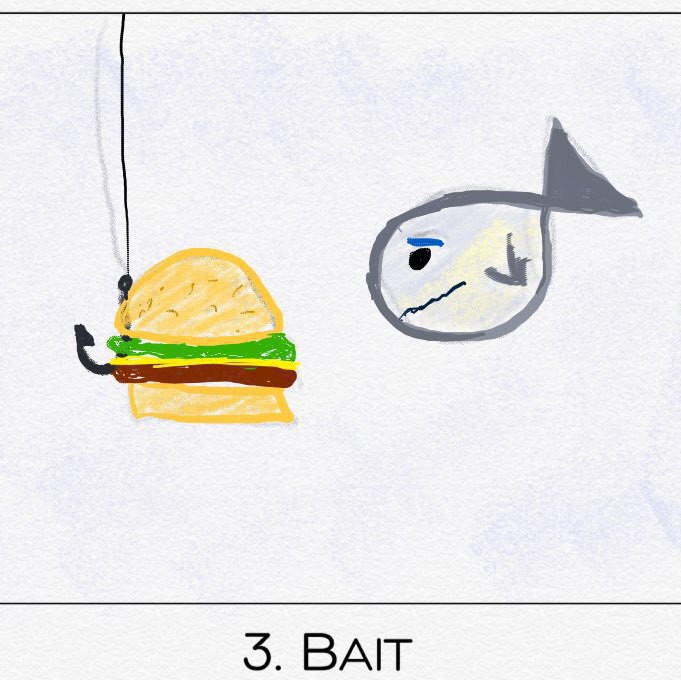
I’ve re-engaged with Curio for some work projects, and I like it so much. It’s incredibly versatile software.
Inktober Day 2: Mindless.
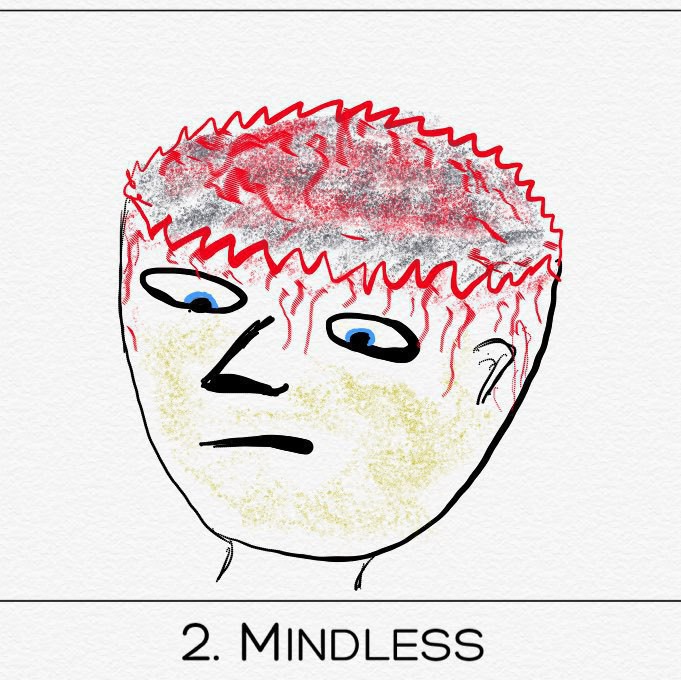
I’m not an artist, but I’ve had a crack at the Inktober day one challenge: ring.

My Cortex merch arrived - will it replace my existing mind map system? The Theme System

I’m enjoying the native swipe keyboard in iOS 13. I also like the mini keyboard available for iPadOS.
I’ve not had Dropbox installed for months, and haven’t missed it at all. In an earlier time it was indispensable.